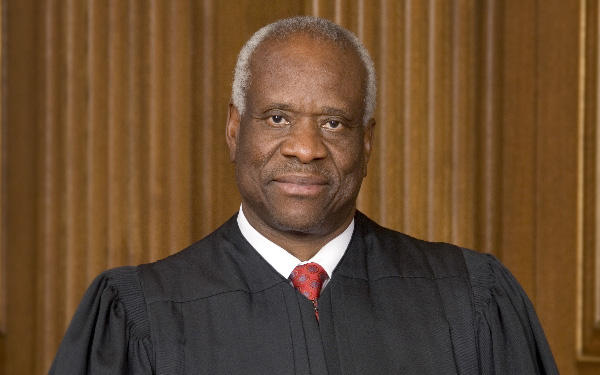Kerby Anderson
Supreme Court Justice Clarence Thomas has been criticized for writing the truth about the connection of abortion to eugenics. His 20-page concurring opinion in a case dealing with an Indiana law allowed him to educate us about our history. The law required that fetal remains be disposed of in a respectful manner, but also prohibited abortion solely because of the race, sex, or disability of the baby.
Justice Thomas wrote, “The use of abortion to achieve eugenic goals is not merely hypothetical. The foundations for legalizing abortion in America were laid during the early 20th-century birth control movement. That movement developed alongside the American eugenics movement. And significantly, Planned Parenthood founder Margaret Sanger recognized the eugenic potential of her cause.”
He also pointed to Margaret Sanger’s “Negro Project” and reminded us that because of abortion, “there are areas of New York City in which black children are more likely to be aborted than they are to be born alive, and are up to eight times more likely to be aborted than white children in the same area.”
He concludes, “Enshrining a constitutional right to an abortion based solely on the race, sex, or disability of an unborn child, as Planned Parenthood advocates, would constitutionalize the views of the 20th-century eugenics movement.”
Those criticizing Justice Thomas do so for one of two reasons. I suspect many don’t know America’s history with eugenics and the history of Planned Parenthood. They believe he is making this up. Others probably know the history and are furious that he is attempting to educate a new generation about the birth control movement and the eugenics movement.
Justice Thomas has provided a service by showing the connection between an Indiana law and our sad history with eugenics.
 Listen Online
Listen Online Watch Online
Watch Online Find a Station in Your Area
Find a Station in Your Area











 Listen Now
Listen Now Watch Online
Watch Online
